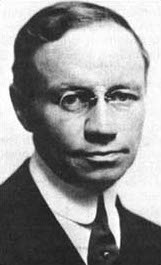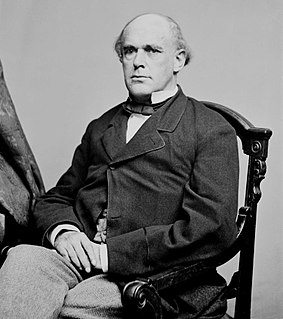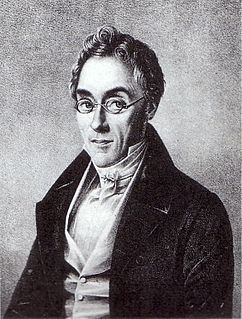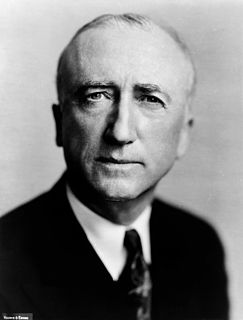A Quote by Edmund Burke
Party is a body of men united, for promoting by their joint endeavours the national interest, upon some particular principle in which they are all agreed.
Related Quotes
Men who profess a state of neutrality in times of public danger, desert the common interest of their fellow subjects; and act with independence to that constitution into which they are incorporated. The safety of the whole requires our joint endeavours. When this is at stake, the indifferent are not properly a part of the community; or rather are like dead limbs, which are an encumbrance to the body, instead of being of use to it.
Strengthening the role the United Nations can play...will require serious examination of the need to extend into the international arena the rule of law and the principle of taxation to finance agreed actions which provide the basis for governance at the national level. But this will not come about easily. Resistance to such changes is deeply entrenched. They will come about not through the embrace of full blown world government, but as a careful and pragmatic response to compelling imperatives and the inadequacies of alternatives.











































